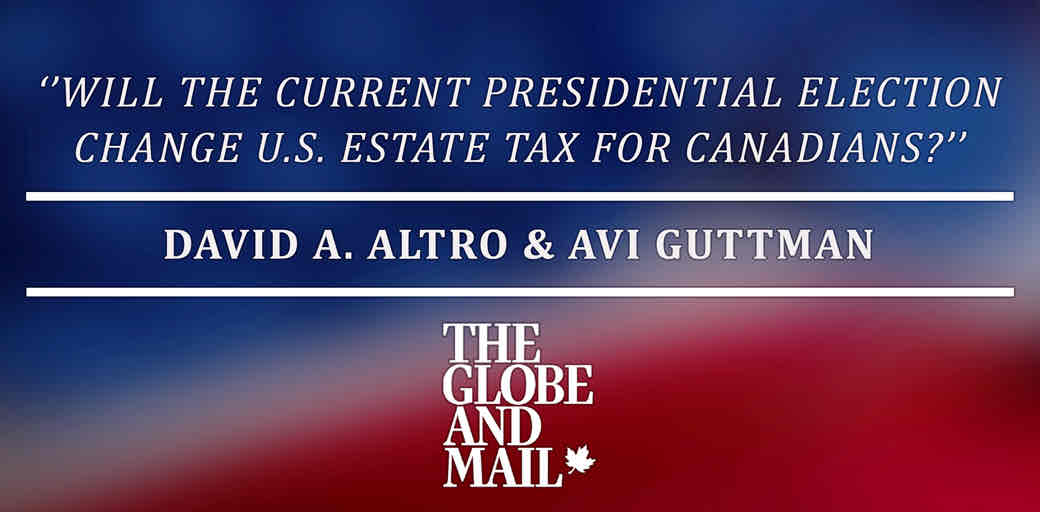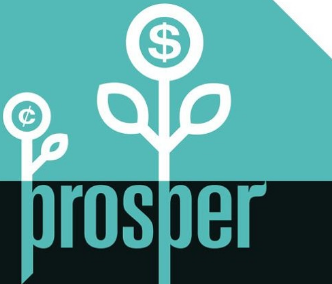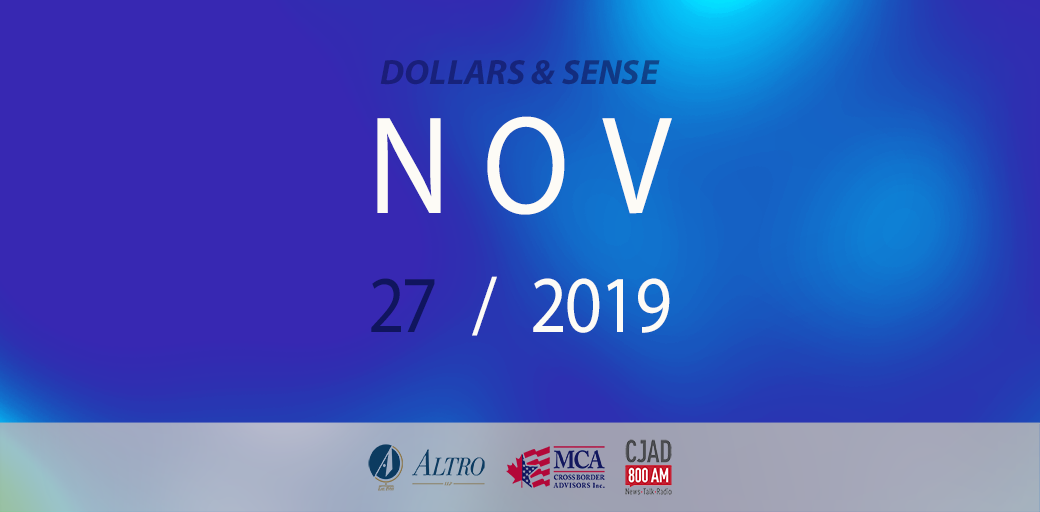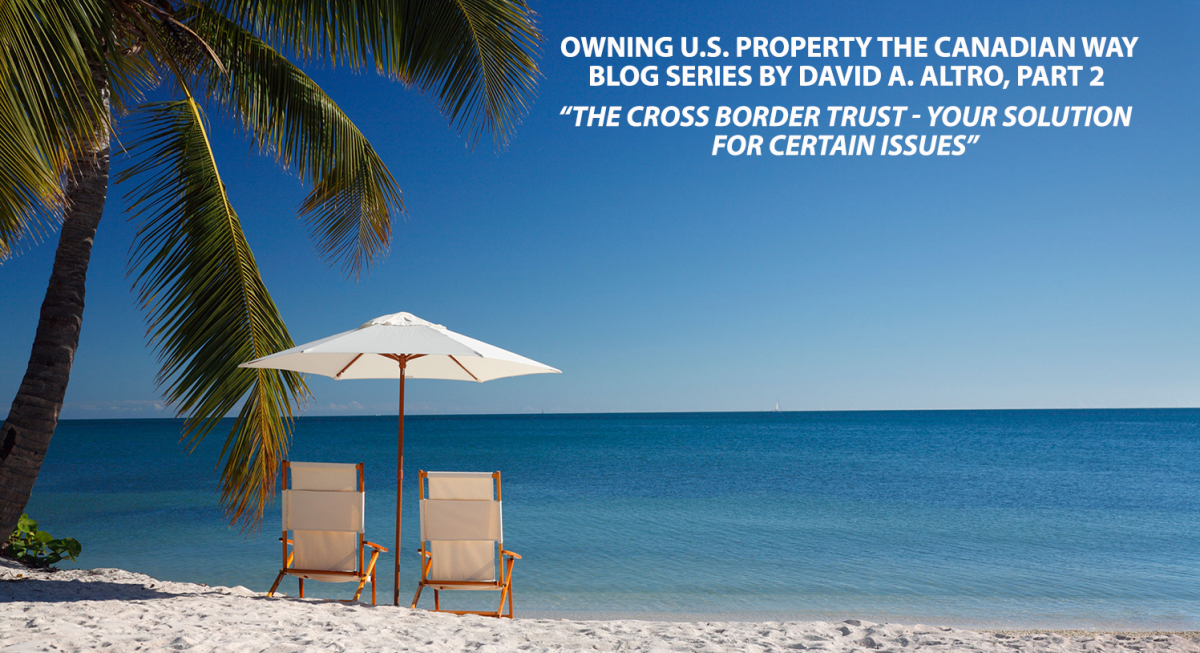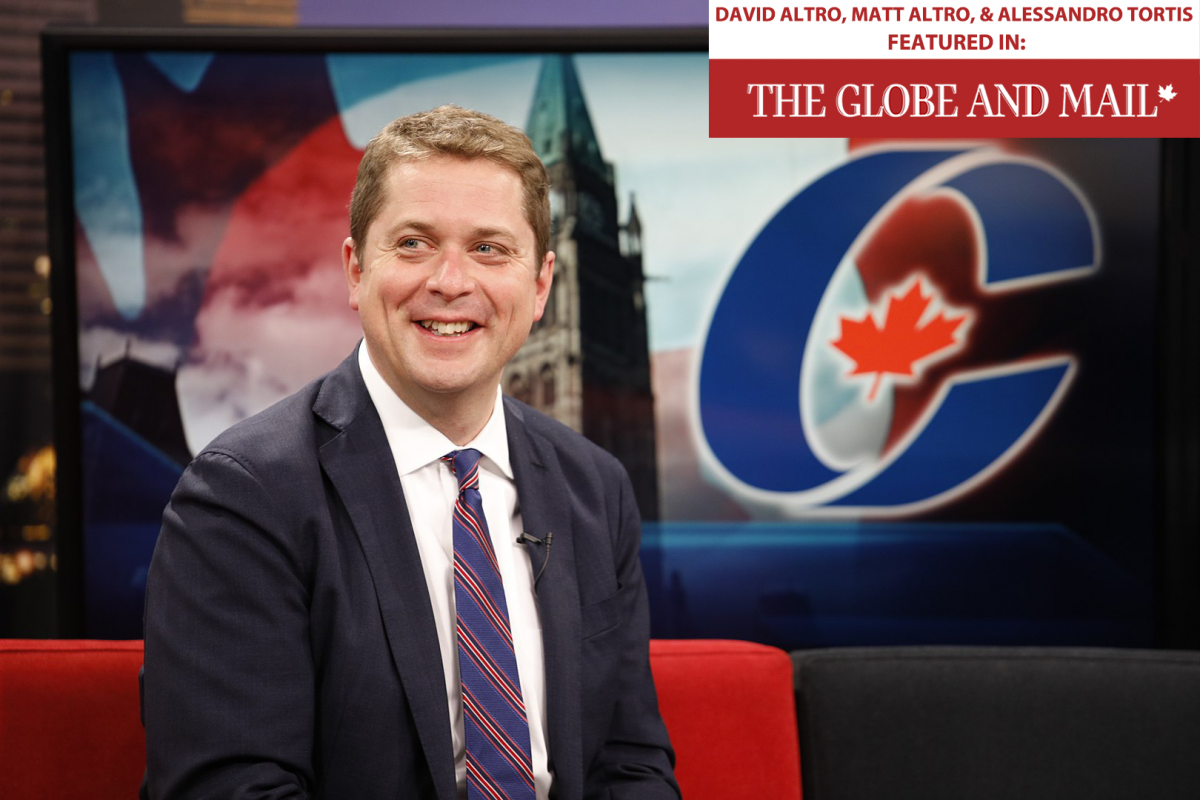Filter by Blog Category:
Selling Your U.S. Property: Is there U.S. & Canadian Capital Gains Tax?
When a Canadian resident (non-citizen of the US) sells their vacation property in Florida, any capital gain realized is subject to US tax (and withholding) but is also subject to Canadian tax. The US tax rates applicable to “long term capital gain” (gain on capital property owned for more than 12 months) are generally 15% or 20% (there are technically 3 tax brackets on capital gains for this purpose: 0% on capital gains for single taxpayers with taxable income less than $39,376; 15% for single filers with taxable income less than $434,551 and 20% for single filers with taxable income of $434,551 or more). There is no Florida income tax on individuals.
Globe & Mail – Will the current presidential election change U.S. estate tax for Canadians?
We are very pleased to share that David Altro and Avi Guttman were asked to prepare a special for The Globe and Mail, which was published on May 3, 2020. Their article titled “Will the current presidential election change U.S. estate tax for Canadians?” provides insight into how the US estate tax may change with the upcoming US presidential election. The article reviews proposed changes by the Republicans and Democrats, and what this means for Canadians with US estate tax exposure.
Thomson Reuters – A New Multilateral World
The OECD’s Multilateral Convention to Implement Tax Treaty Related Measures to Prevent Base Erosion and Profit Shifting (the multilateral instrument or “MLI”) is now law in Canada. The MLI was Action 15 of the Base Erosion and Profits Shifting (BEPS) Project. With respect to taxpayers claiming benefits under Canadian bilateral treaties the MLI is effective January 1, 2020 with respect to withholding under 28 bilateral treaties and effective for tax years beginning June 1, 2020 with respect to all other taxes levied by Canada or one of these bilateral treaty countries. The MLI uses a “reservation” process whereby either Canada and the bilateral treaty partner can reserve with respect to certain provisions in the MLI, in either case the particular MLI provision may not apply or may apply in modified form with respect to that particular bilateral treaty.
Virtual Witnessing of Wills and Powers of Attorney in Ontario
In Ontario, the rules relating to the execution of Wills are set out in the Succession Law Reform Act (“SLRA”) , which states that, subject to limited exceptions (such as holograph Wills, which are Wills made entirely in the testator’s handwriting, or Wills made by certain members of the Canadian Forces, naval, land or air force or sailors while on active duty), in order for Wills to be valid, they must be signed by the testator (or on their behalf) in the presence of two independent adult witnesses. The rules relating to the execution of Powers of Attorney in Ontario, as set out in the Substitute Decisions Act (“SDA”), also require that Powers of Attorney be signed by the grantor in the presence of two witnesses.
Prosper, from Advisor’s Edge – Demystifying Numbers for Clients
David Altro was interviewed by the Prosper podcast, from Advisor’s Edge where he discussed the various stages of Canadians owning US property.
Bradley R. Thompson interviewed by “Finance et investissement” about PFICs
David Altro & Avi Guttman published in the Globe and Mail on the US tax filing requirements that Americans living in Canada should know.
Globe & Mail – U.S. tax-filing requirements that Americans living in Canada should know
David Altro & Avi Guttman published in the Globe and Mail on the US tax filing requirements that Americans living in Canada should know.
CJAD Radio – How to Leave your Estate to US Resident Children
In a recent CJAD 800AM Dollars & Sense radio show which aired on November 27, 2019, our Managing Partner David A. Altro and our Partner Bradley R. Thompson had the opportunity to sit down with Kelly Alexander. Together they examined several estate & tax planning issues for Canadians leaving their estate to their U.S. resident children.
David A. Altro Blog Series, Part 2: Owning U.S. Property the Canadian Way – The Cross Border Trust, Your Solution for Certain Issues
The solution to the probate problem is something I call the Cross Border Trust (CBT). It takes care of many of the other cross border legal issues, too.
Globe & Mail – Andrew Scheer is renouncing his U.S. citizenship. Here’s what Americans living in Canada should know
David Altro, Matt Altro, and Alessandro Tortis were invited to prepare a special for The Globe and Mail, which was published on October 28, 2019. Their article titled “Andrew Scheer is renouncing his U.S. citizenship. Here’s what Americans living in Canada should know” the article provides an overview of dual Canadian & American citizenship, expatriation, and the process for renouncing U.S. citizenship.



